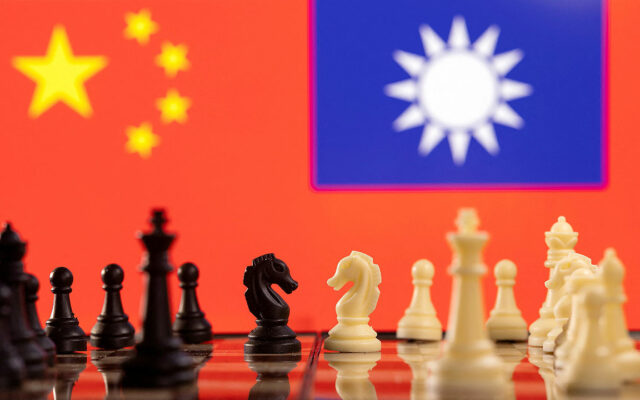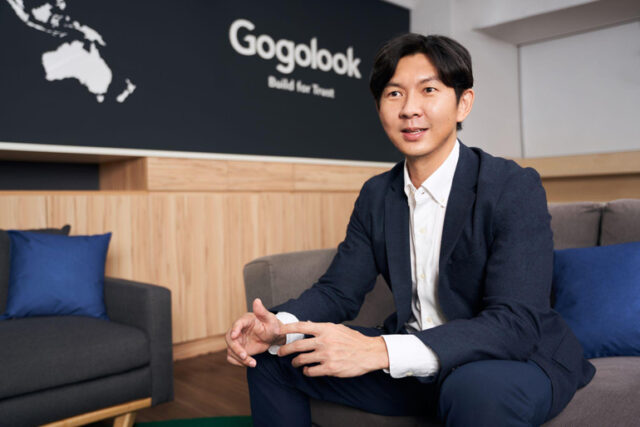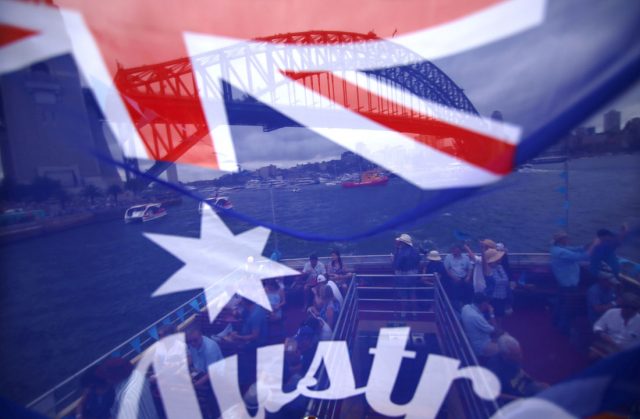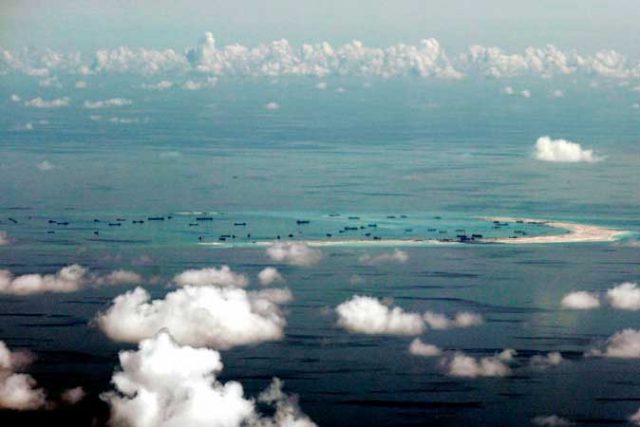TAIPEI — China spent about $15 billion, or 7% of its defense budget, on exercises in the Western Pacific in 2023, according to a previously unpublished Taiwanese estimate, showing Beijing’s investment in military activity around Taiwan and its neighbors.
The internal research by Taiwan’s armed forces, reviewed by Reuters, offers a rare look into a slice of China’s defense spending as Beijing has ramped up its military presence amid rising tensions in the region.
China claims Taiwan as its own and has never renounced the use of force to bring the democratically governed island under its control despite Taiwan’s strong objections. It is also locked in disputes with several countries over sovereignty of large parts of the South China Sea and the East China Sea.
“This reveals the logic of allocation of their resources,” said a senior Taiwan official briefed on the research. “They are spending a huge amount of resources trying to gain control of the west of the First Island Chain.” The official, and two other people briefed on the research, declined to be identified for this story because of the sensitivity of the matter.
The First Island Chain is a collection of archipelagos running roughly from Indonesia in an arc northeast to Japan, encompassing the South China Sea and East China Sea.
In a statement to Reuters, Taiwan’s defense ministry declined to comment on the figures.
“But the Chinese Communist Party’s enormous military investment in recent years indeed has a negative impact to the peace and stability in the region, which is not conducive to global prosperity and development,” it added.
China’s defense ministry did not respond to a request for comment.
Zhang Youxia, vice chairman of the Central Military Commission and China’s second-highest-ranking military official, said in April the sea should not be an arena where countries can flex their “gunboat muscles.”
Carrying out “maritime containment, encirclement and island blockades will only plunge the world into a vortex of division and turbulence,” he added, in an apparent reference to the US and its allies.
Taiwan’s defense ministry compiled the reports in May based on Taiwanese surveillance and intelligence on Chinese military activity in the Bohai Sea off northeast China, the East China Sea, the Taiwan Strait, the South China Sea, and the western Pacific Ocean.
The reports tallied China’s naval and air missions there in 2023, then estimated how much fuel and other consumables would cost for each hour of activity. The total was 110 billion yuan ($15.3 billion), including maintenance, repairs and salaries, the reports and the officials briefed on the research said.
The research was designed to help Taiwanese decision makers understand how China allocates military resources across regions, as well as to gauge what Taipei perceives as a “gap” between Beijing’s intentions and its capabilities, three officials briefed on the reports said.
Comparing the cost of the exercises to the state of China’s economy, they said, helps Taipei assess the risks for both Taiwan and China.
The 110-billion yuan figure amounts to about 85% of Taiwan’s 2023 defense budget, Reuters calculations show.
It is about 7% of China’s reported 2023 military spending of 1.55 trillion yuan, although diplomats and experts say that number is often opaque or not fully inclusive. China in March announced a 7.2% rise in defense spending for this year to 1.67 trillion yuan.
“It’s like a black hole,” said retired Taiwanese Navy Lieutenant Commander Lu Li-shih, noting that individual spending programmes were not broken out in China’s defense budget. “You can gauge the trend, but you can’t tell what the detailed items are.”
1.7 MILLION HOURS AT SEA
Both Washington and Beijing have significantly increased the volume of military exercises across Asia amid roiling tensions in recent years, though China’s drills still lag in scale and complexity, a study has found.
China’s state-backed Global Times newspaper said last year sending carrier groups into the waters of the Western Pacific was not only about flexing muscles around Taiwan, and that China’s navy needed to get used to operating far out at sea.
“China’s carrier battle group is facing not only the Taiwan authorities, but also the interference of external forces,” military expert Song Zhongping told the newspaper.
Four experts said the report’s methodology was feasible and could provide valuable information, although they cautioned that it necessarily included some guesswork.
They also said direct comparisons on military exercise spending were difficult; no data was available, for instance, on how much the United States spent on such activities in 2023. But the US Department of Defense has proposed spending $9.9 billion next year on the Pacific Deterrence Initiative, created to counter China’s military build-up.
Reuters could not independently confirm the accuracy of the Taiwanese estimate.
China has stepped up military incursions and war games near Taiwan.
In 2023, Chinese aircraft, including J-10 fighter jets, H-6 bombers, and drones, made more than 9,200 flights in the region, amounting to about 29,000 hours in the air, the report shows.
The Chinese navy made more than 70,000 sailings, including aircraft carriers and destroyers, amounting to a total time at sea of more than 1.7 million hours.
Roughly 40% of the Chinese naval journeys were made in the highly contested South China Sea, about 20% were in the East China Sea bordering Japan and South Korea, and nearly 15% were in the sensitive Taiwan Strait, the report shows.
Taiwan has reported about 1,700 Chinese military planes have flown in its air defense identification zone so far this year, slightly more than the total for all of 2023, according to data compiled by Washington-based think tank the Center for Strategic and International Studies.
China also launched “punishment” drills around Taiwan in May 2024, sending heavily armed warplanes and staging mock attacks shortly after Taiwan President Lai Ching-te, who Beijing considers a separatist, took office.
During the two-day “Joint Sword — 2024A” war games that month, Chinese air and naval forces were estimated to have spent about $13.17 million on fuel and consumables, according to another internal Taiwan defense report reviewed by Reuters.
The estimated spending for that exercise did not include personnel and maintenance, which are usually about three times the cost of fuel and consumables, the three officials briefed on the research said.
Chinese warplanes made more than 100 flights and spent some 300 hours in the air during those exercises, the report shows, while Chinese warships and coast guard boats made about 90 trips.
Chieh Chung, a researcher at a Taipei-based think tank, the Association of Strategic Foresight, said the activity showed the Chinese military was building combat readiness.
“The Communist military is ramping up their training for a Taiwan invasion,” he said. “More aircraft and pilots are now capable of conducting such missions.” — Reuters











